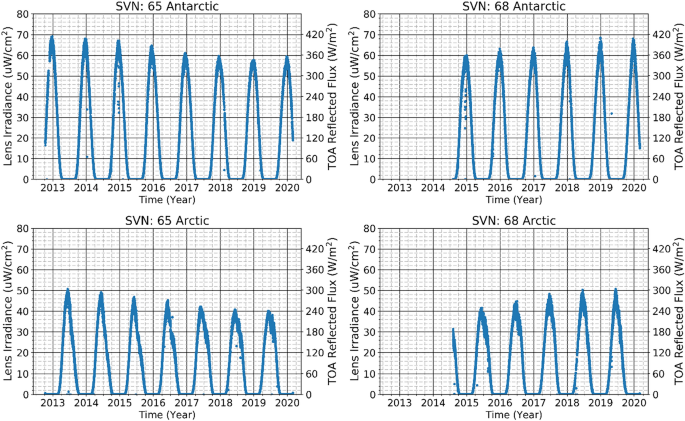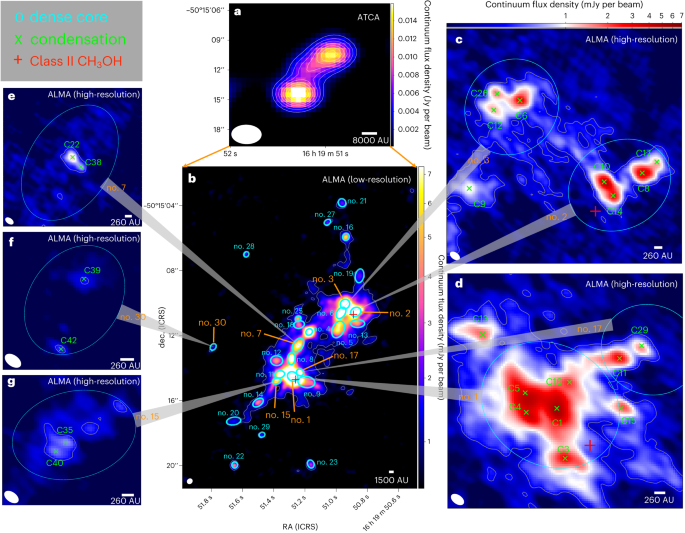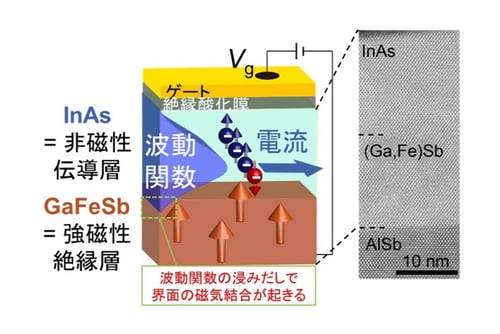2024-01-15 サンディア国立研究所(SNL)
◆サンディア国立研究所の科学者たちは、GPS衛星データを使用してアークティックでの反射率低下を詳細に分析し、アルベドの減少がアークティック温暖化に寄与していることを明らかにした。アルベドの低下は海氷減少と風化した残存海氷によるもので、アークティックの夏季総反射率が20-35%減少していることが示された。
◆これにより、アークティックの気候変動モデルに新たな理解がもたらされる可能性があり、今後もGPSデータの分析と他の研究者との協力が進む見込みです。
<関連情報>
GPS衛星からの広帯域放射測定により、夏の北極海のアルベドは海氷の後退よりも急速に減少することが明らかになった Broadband radiometric measurements from GPS satellites reveal summertime Arctic Ocean Albedo decreases more rapidly than sea ice recedes
Philip L. Dreike,Amy K. Kaczmarowski,Christopher D. Garrett,Gregory Christiansen,Erika L. Roesler & Mark Ivey
Scientific Reports Published:23 August 2023
DOI:https://doi.org/10.1038/s41598-023-39877-x

Abstract
New measurements from the Arctic ± 40 days around the summer solstice show reflected sunlight from north of 80°N decreases 20–35%. Arctic sea ice coverage decreases 7–9% over this same time period (as reported by the NSIDC) implying Arctic sea ice albedo decreases in addition to the sea ice receding. Similar Antarctic measurements provide a baseline to which Arctic measurements are compared. The Antarctic reflected sunlight south of 80°S is up to 30% larger than the Arctic reflectance and is symmetric around the solstice implying constant Antarctic reflectivity. Arctic reflected sunlight 20 days after solstice is > 100W/m2 less than Antarctic reflected sunlight. For perspective, this is enough heat to melt > 1 mm/hour of ice. This finding should be compared with climate models and in reanalysis data sets to further quantify sea ice albedo’s role in Arctic Amplification. The measurements were made with previously unpublished pixelated radiometers on Global Positioning System satellites from 2014 to 2019. The GPS orbits give each radiometer instantaneous and continuous views of 37% of the Earth, two daily full views of the Arctic and Antarctic. Furthermore, the GPS constellation gives full-time full-Earth coverage that may provide data that complements existing limited field of view instruments that provide a less synoptic Earth view.



